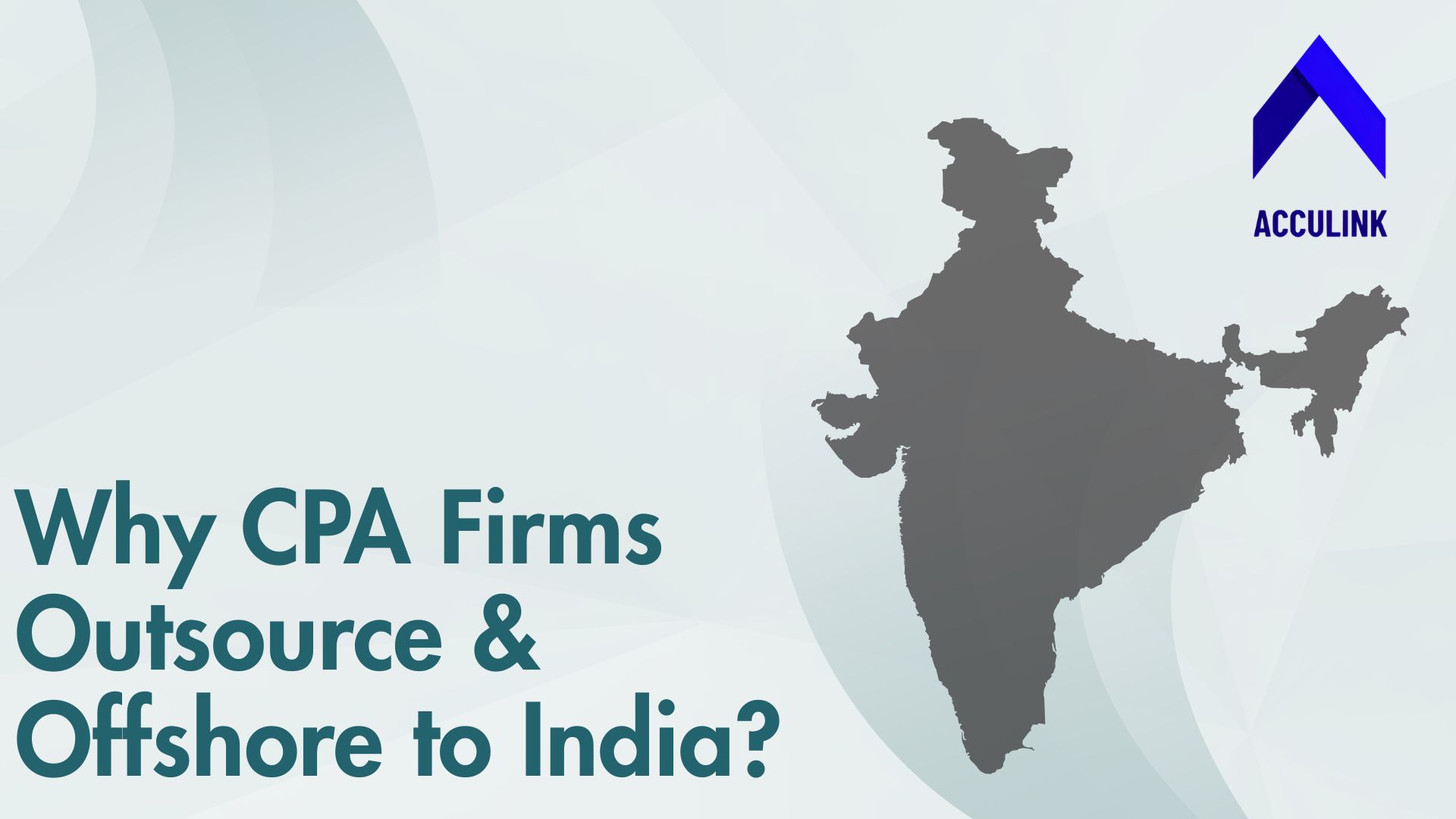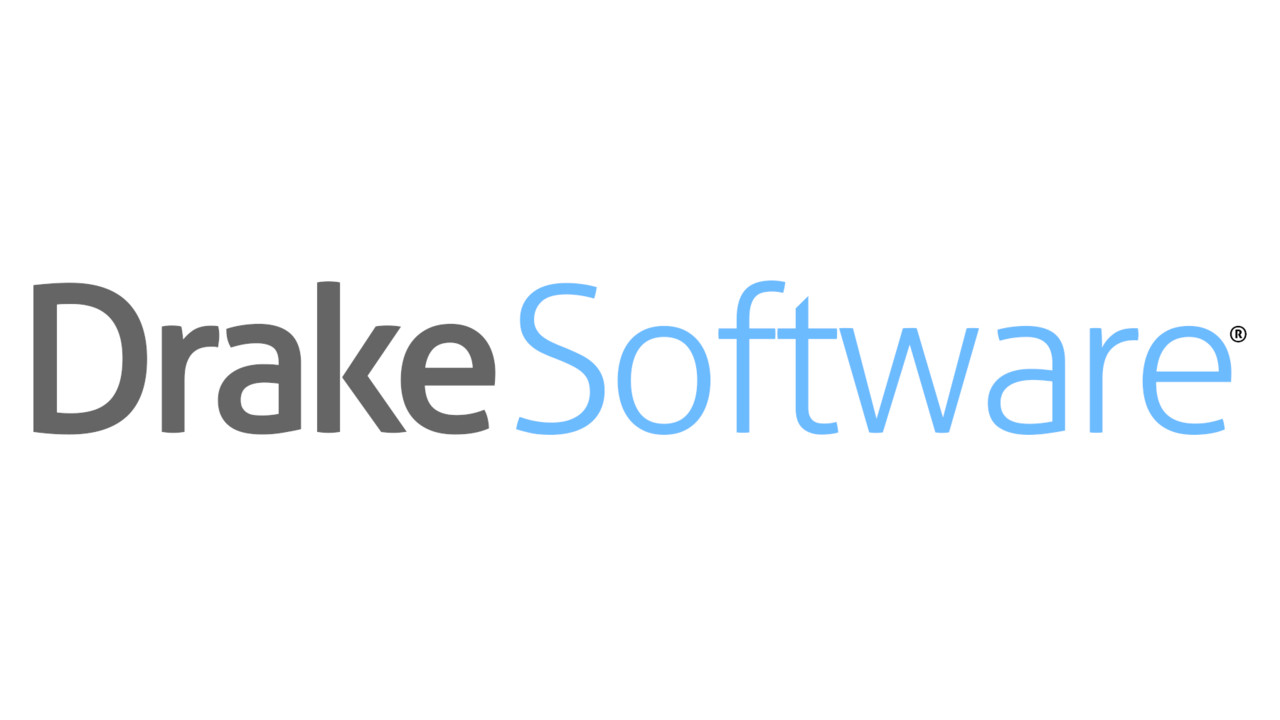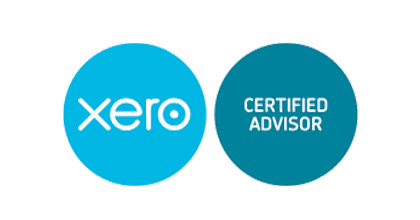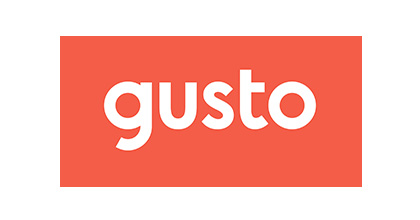Outsourcing has become a critical strategy for accounting CPA (Certified Public Accountant) firms looking to stay competitive in today's dynamic business environment. However, several myths and misconceptions surround the practice of outsourcing in the accounting industry. In this comprehensive guide, we will debunk these myths and shed light on the reality of outsourcing for CPA firms.
Myth 1: Outsourcing Is Only for Large Firms
Reality
Outsourcing is not exclusive to large firms. Small and mid-sized CPA firms can benefit significantly from outsourcing by gaining access to specialized skills and reducing operational costs.
Myth 2: Loss of Control Over Operations
Reality
Outsourcing does not mean losing control. Firms can maintain control by establishing clear communication channels, setting expectations, and monitoring the outsourcing process closely.
Myth 3: Data Security Risks
Reality
Data security concerns can be addressed by partnering with reputable outsourcing providers who prioritize data protection and adhere to industry regulations.
Myth 4: Limited Scope of Services
Reality
Outsourcing can cover a wide range of services, from bookkeeping and tax preparation to complex financial analysis and advisory services.
Myth 5: Quality Compromise
Reality
Outsourcing can enhance quality by leveraging the expertise of specialized professionals and providing a fresh perspective on client work.
Myth 6: Outsourcing Is Costlier
The Reality
Outsourcing can lead to significant cost savings by reducing labor and overhead expenses associated with in-house operations.
Myth 7: Lack of Personalized Service
The Reality
Outsourcing providers can tailor their services to match the specific needs and preferences of CPA firms, ensuring a personalized approach.
Myth 8: Complexity of Transition
The Reality
Transitioning to outsourcing can be smooth with proper planning and the support of experienced outsourcing partners.
Myth 9: Outsourcing Is Temporary
The Reality
Outsourcing can be a long-term strategy, allowing firms to build enduring relationships with outsourcing partners.
Myth 10: Cultural and Language Barriers
The Reality
Global outsourcing providers often have multilingual teams and cultural sensitivity training to ensure effective communication and collaboration.
Conclusion
In conclusion, outsourcing is a valuable strategy for CPA firms, regardless of their size. By debunking these common myths, CPA firms can make informed decisions about implementing outsourcing and unlock the benefits of cost-efficiency, access to expertise, and enhanced service quality.
FAQs (Frequently Asked Questions)
1. What types of tasks can CPA firms outsource?
CPA firms can outsource a wide range of tasks, including but not limited to bookkeeping, tax preparation, data entry, payroll processing, financial analysis, and advisory services.
2. How can CPA firms ensure data security when outsourcing?
To ensure data security, CPA firms should choose outsourcing partners with robust data protection measures, including encryption, secure networks, and compliance with industry regulations.
3. Are there cultural barriers when outsourcing to international providers?
Many international outsourcing providers have multilingual teams and cultural sensitivity training to bridge any potential cultural and language barriers, ensuring effective collaboration.
4. Can outsourcing be a long-term strategy for CPA firms?
Yes, outsourcing can be a long-term strategy, allowing CPA firms to build lasting relationships with outsourcing partners and continuously reap the benefits of cost savings and expertise.
5. How can CPA firms find the right outsourcing partners?
CPA firms can find the right outsourcing partners by conducting thorough research, checking references, and looking for providers with a strong track record in the accounting industry.



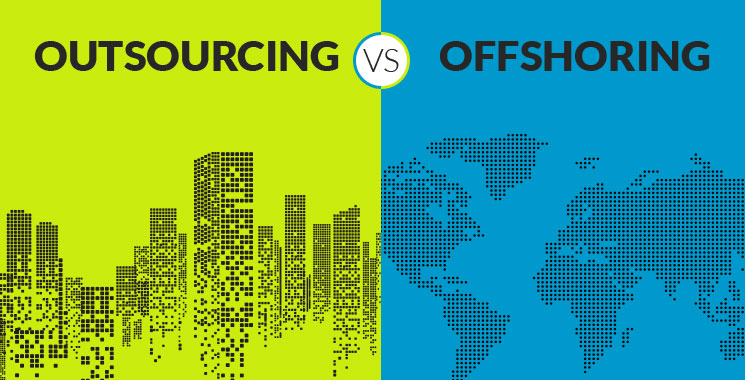







.png)

